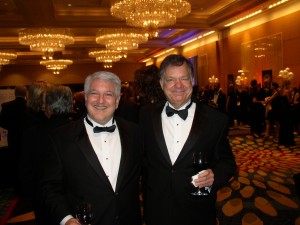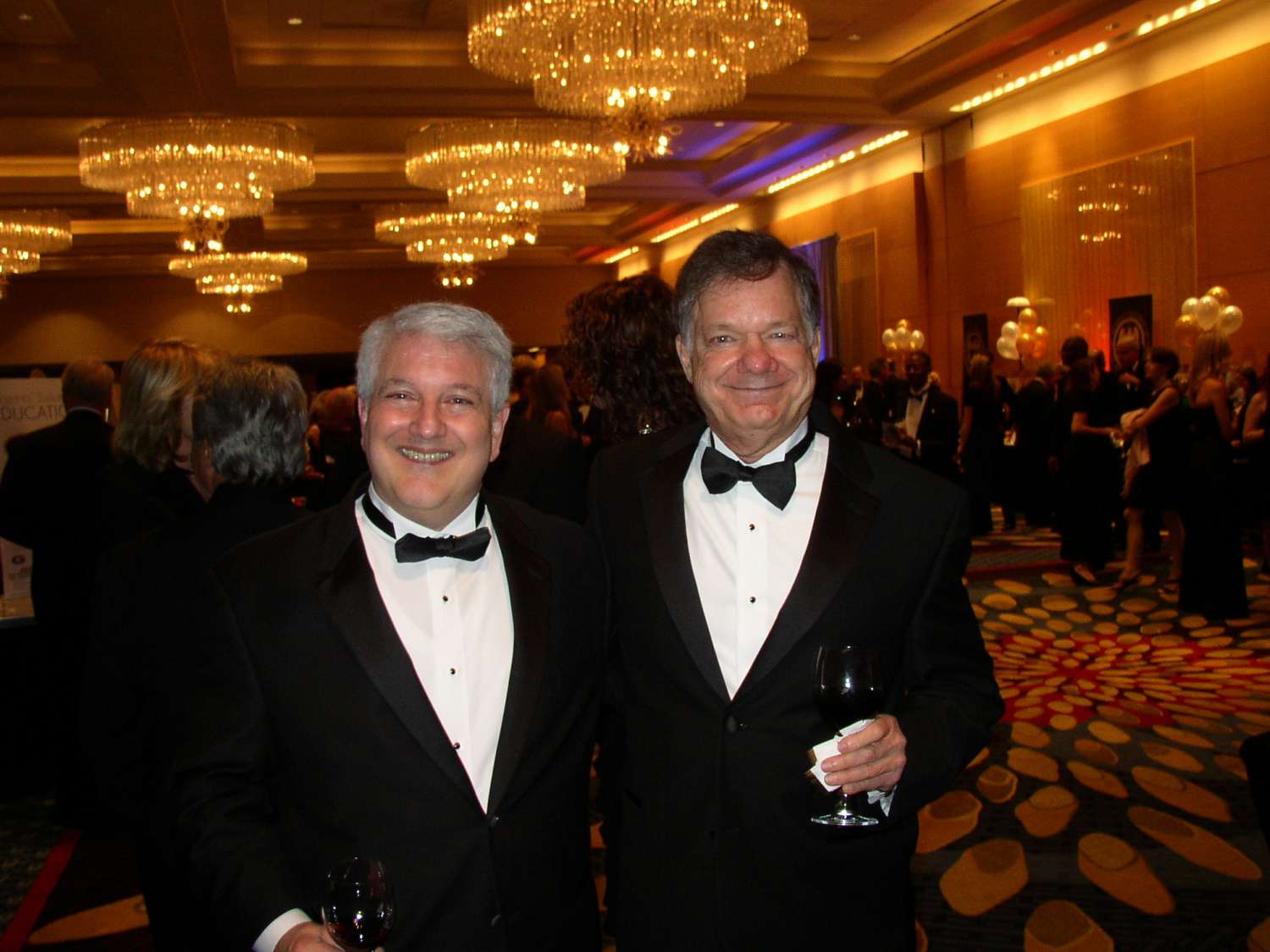
Photo: Courtesy of Bill Lange
Grae Gleason, Staff Writer
After being diagnosed with Leukemia, platelet donations and community support prove essential for KSU professor of psychology, Tom Pusateri, and husband Al Connors.
Cancer changed Connors’s life. He first started seeing symptoms during one of his favorite hobbies, landscaping. As a retired landscaper, Connors enjoys tending to his garden. However, hours spent in the yard were cut short when his symptoms began last July.
“[Connors] was complaining in July of being tired after just about an hour of work, and usually he’d work two, three, four hours without breaking,” Pusateri said. “So, we talked about him going to the doctor to see what’s wrong, but he just kept on putting it off, until one day he had a nosebleed in the morning that would not stop. No matter what we tried, it was just constantly bleeding.”
Northside Hospital admitted Connors for Acute Myeloid Leukemia (AML) on Aug. 5. Despite the cancer going into remission after Connors first round of chemotherapy, he has recently started his third out of four rounds of chemotherapy to ensure that the leukemia will not return.
Health crises always cause stress, but leukemia patients face extra hurdles regarding treatment. According to mayoclinic.org, AML “affects a group of white blood cells called the myeloid cells, which normally develop into the various types of mature blood cells, such as red blood cells, white blood cells and platelets.” Platelets are the part of blood that ensure clotting whenever you get a cut. AML patients such as Connors can suffer from a low platelet count as a result of chemotherapy treatments, resulting in a need for transfusions.
Regrettably, for Connors and many other patients, blood banks struggle to meet the need for platelets. This unmet need led Pusateri to reach out for help from the local community. Seeking support from KSU, Pusateri contacted KSU’s Provost, Ken Harmon. Harmon sent out messages to all deans and department chairs on campus. Every sector of KSU, from Pusateri’s own Psychology Department to the LGBTQ Retention Center, has been called on to show their support for Connors and Pusateri.
Atlanta Blood Services (ABS), “a community-based blood center,” also lends their support to Pusateri. By meeting with ABS’s Donor Recruitment Supervisor, Alisa Afshani, Pusateri has been able to arrange for donor recruiters to visit the KSU campus. External donor recruiters such as Brittany Reid have spoken to classrooms at KSU to inform students and encourage them to donate platelets.
“I’m telling everyone about platelet donations and kind of educating them about what [ABS] does, who we are, and why we need people to come in and donate,” Reid said. “We just need the support of the KSU community.”

Photo: Courtesy of Al Connor
Two factors help explain the persistent high need for platelet donations. Reid said that platelets have a shelf-life of five days, meaning that donations cannot be stored for later use. Disparity between the amount of platelets one donor can contribute at a time and the amount of platelets each patient needs at each transfusion also increases the need for more platelet donations. In one session, a person can donate between one and three units of platelets; meanwhile, during one transfusion session, a patient will use about 30 to 120 units of platelets.
“Everyone has been very helpful,” Pusateri said. “They’ve been at least offering to help me and support me—and really, I don’t need food, I don’t need people to help me with the house. I do need blood.”
In Connors’s and Pusateri’s time of need, they and ABS encourage everyone to donate platelets. Many people on KSU’s campus remain fully able to donate, and Pusateri implores them to do so, especially as blood donation restrictions prevent him from donating his own platelets.
“I used to give blood all the time when I was celibate, but now that I’m in a relationship, I’m prohibited from giving blood,” Pusateri said.
The restriction that stops Pusateri from giving blood prohibits all men that have engaged in sexual activity with another man in the past five years from giving blood. While the restriction stops Pusateri from being able to donate platelets for his partner, he hopes that all able members of the KSU community will support Connors by donating platelets themselves.
“[KSU] is a place that is very well-known for its volunteerism, its engagement,” Pusateri said. “There is a real need out there. [Patients] just cannot produce this without people donating.”
Further encouraging KSU to donate, ABS plans to host a table on the Campus Green Oct. 30. Reid will be on campus to educate students and push for more people to donate. Interested potential donors can also visit atlantabloodservices.com for more information, or go to ABS locations in Atlanta and Marietta to donate.

